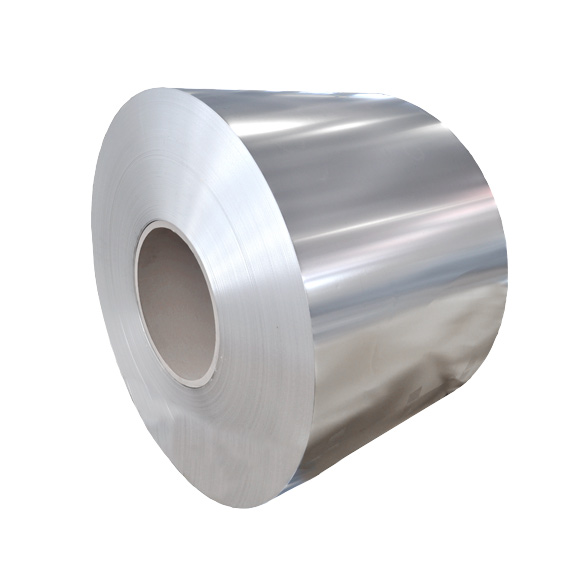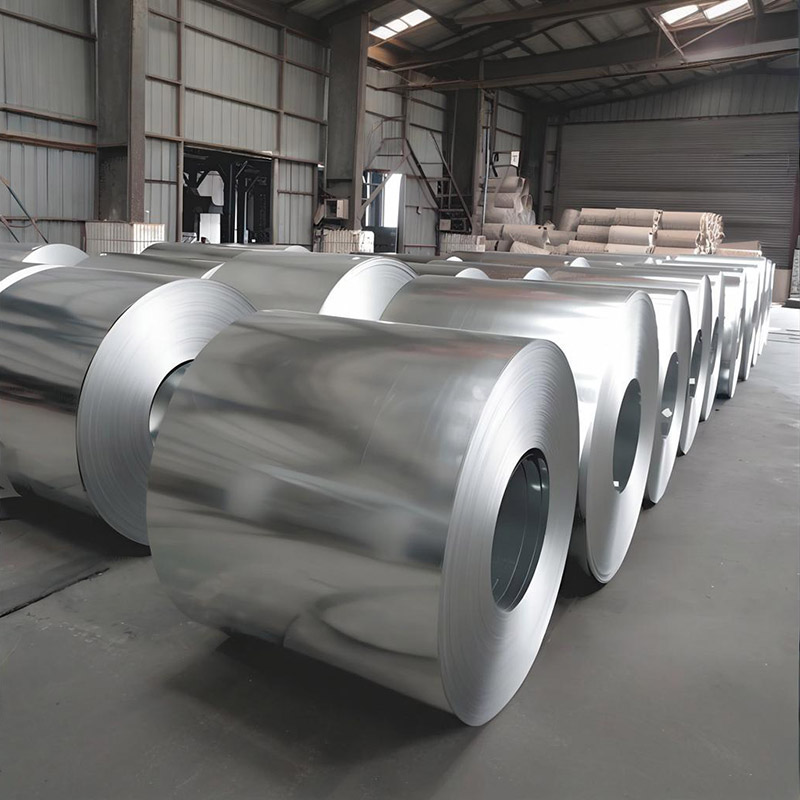Heavy Duty Tinplate Coils: The Ultimate Guide for Industrial Applications
What exactly are heavy duty tinplate coils and why are they essential in modern industrial manufacturing? These specialized steel sheets, coated with a thin layer of tin, offer exceptional durability and corrosion resistance, making them indispensable across multiple sectors. When selecting tinplate coils for your operations, understanding their composition and properties is crucial for optimal performance.
Which industries benefit most from heavy duty tinplate coils? The applications are remarkably diverse. In food packaging, these coils provide excellent barrier properties, extending product shelf life while maintaining safety standards. Automotive manufacturers rely on them for fuel tanks and components requiring superior rust protection. The construction sector utilizes tinplate for roofing and cladding systems that withstand harsh environmental conditions.
What factors should you consider when choosing heavy duty tinplate coils? Key parameters include thickness options typically ranging from 0.15mm to 0.50mm, surface quality standards, and coating weight. Material strength and formability characteristics directly impact manufacturing efficiency and final product durability. Always verify compliance with industry-specific regulations such as FDA for food contact applications.
How do heavy duty tinplate coils compare with alternative materials? Unlike aluminum or plastic alternatives, tinplate offers superior strength-to-weight ratios, excellent printability for branding, and exceptional recyclability without quality degradation. The initial investment may be higher, but extended service life and reduced replacement needs often result in better long-term cost efficiency.
Industry Insight: “We’ve reduced our packaging material costs by 23% after switching to high-grade tinplate coils with optimized thickness,” shares Maria Rodriguez, Packaging Director at Global Foods Inc. “The key was working closely with our supplier to develop custom tinplate specifications that met our exact production requirements while minimizing material waste.”
Proper maintenance significantly extends the life of your tinplate inventory. Store coils in dry, temperature-controlled environments to prevent surface oxidation. Implement first-in-first-out inventory management systems and avoid stacking heavy loads directly on unprotected surfaces. Regular quality inspections help identify potential issues before they impact production.
As industries increasingly prioritize sustainability, heavy duty tinplate coils stand out for their recyclability. The tin coating can be recovered and reused up to 10 times without losing quality, making tinplate one of the most environmentally friendly packaging materials available. Future developments are focusing on even thinner coatings that maintain performance while reducing material usage.
When selecting suppliers, prioritize those with comprehensive quality certifications, responsive technical support, and flexible delivery options. Building strong partnerships with tinplate manufacturers can lead to customized solutions that address your specific production challenges while maintaining cost efficiency.



